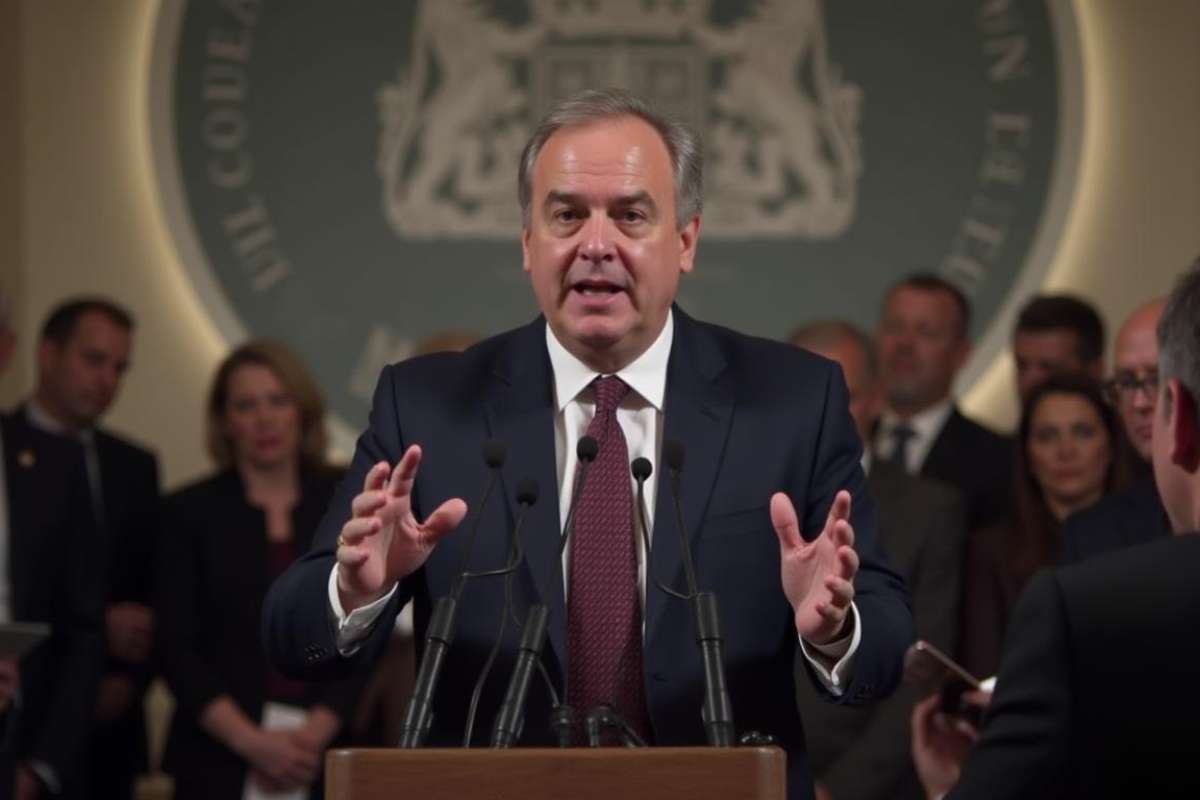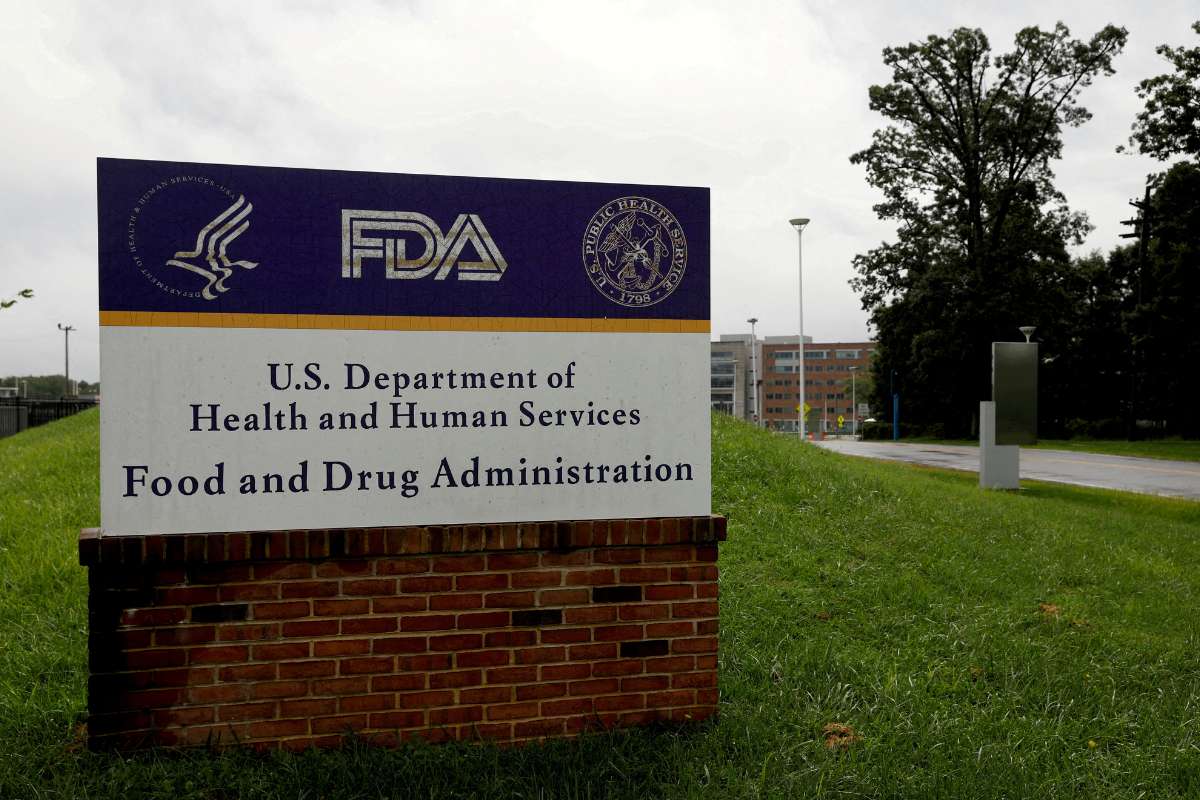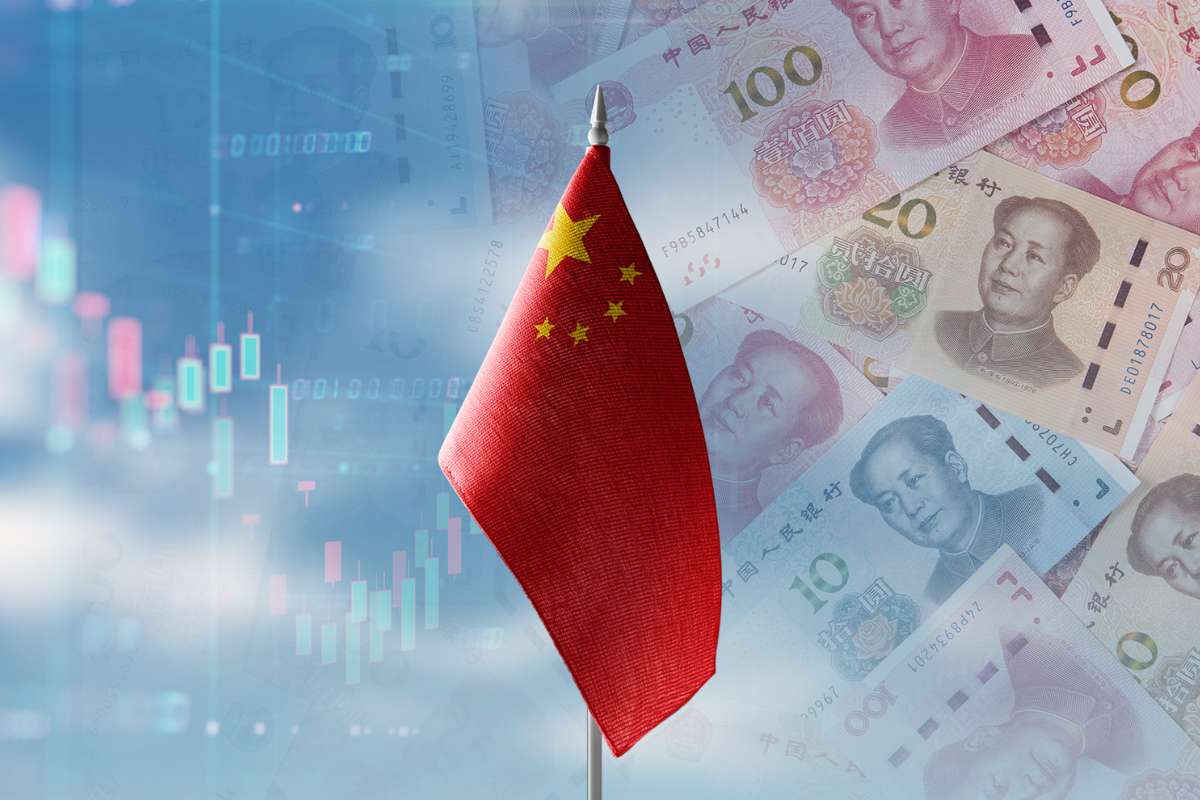Automakers Appeal for Relief Amid Tariff Concerns
The recent imposition of a 25% tariff on vehicles imported from Canada and Mexico sent shockwaves through the automotive industry, prompting leading manufacturers to seek urgent intervention from the White House. Executives from Ford Motors, General Motors, and Stellantis directly appealed to the administration, warning that the tariffs could place American-based automakers at a disadvantage compared to foreign competitors. Their concerns revolved around the potential for higher costs and disruption in supply chains, which could have immediate consequences for consumers and businesses alike.
Following their discussions with the president, a temporary one-month exemption was granted for vehicles entering the U.S. This decision, announced by White House press secretary Karoline Leavitt, was framed as a move to support American businesses while maintaining flexibility in the administration’s broader trade strategy. The announcement also indicated that further exemptions could be considered based on ongoing industry feedback.
While the temporary relief provided a brief respite, auto industry leaders remained cautious, fearing long-term instability. A major auto lobby group warned that vehicle prices could rise by as much as 25%, with the impact being felt almost immediately. In parallel, GOP lawmakers and White House advisers fielded a wave of concerns from business leaders, further complicating the administration’s tariff implementation.
Market Reaction and Political Calculations
As white house to delay tarrif took effect, financial markets reacted sharply, with the Dow Jones Industrial Average dropping 670 points, a 1.55% decline. The administration closely monitored the market response, with sources indicating that economic concerns played a role in the decision to temporarily ease restrictions for automakers.
Commerce Secretary Howard Lutnick appeared on multiple business news platforms to signal that White House to Delay Tariffs was open to making adjustments. He suggested that while the administration remained firm on using tariffs as a key trade negotiation tool, it was also responsive to economic realities. Despite the temporary reprieve, the broader policy stance remained unchanged, with the president stating in a televised address that any company manufacturing products outside the U.S. would face tariffs, some of them substantial.
Concerns also surfaced within the administration regarding the tariffs’ impact on regions heavily reliant on the auto industry, particularly Michigan, a crucial political battleground. Some officials expressed doubts about whether the administration’s rationale—linking the tariffs to efforts to curb fentanyl trafficking—would hold up as economic hardships began affecting key American cities.
Canada’s Response and Diplomatic Tensions
The White House to Delay Tariffs decision also sparked strong reactions from Canadian officials, who scrambled to respond to shifting messages from Washington. Prime Minister Justin Trudeau had sought discussions with the White House to Delay Tariffs for days before eventually holding a call, during which he was informed that Canada had not done enough to address fentanyl-related concerns.
At a press conference, Trudeau denounced the tariffs, calling them damaging to both nations and emphasizing Canada’s willingness to work collaboratively as an ally. Observers noted the tension between the two governments, particularly when Trudeau referred to the U.S. president by his first name rather than his official title—a move seen as an implicit rebuke.
Within Canada, political leaders across party lines condemned the tariffs. Conservative leader Pierre Poilievre accused the White House to Delay Tariffs of betraying its closest ally, while Ontario Premier Doug Ford warned of potential retaliatory measures, including cutting electricity exports to the U.S. Meanwhile, U.S. Treasury officials suggested that Canada’s potential new leadership under Mark Carney might be more amenable to trade negotiations, signaling that the White House was already looking ahead to future diplomatic engagements.
Despite mounting opposition from business leaders and international allies, the administration maintained that its tariff strategy was effective. Officials hinted at further action, including reciprocal tariffs set to take effect in April, keeping uncertainty high in trade and economic circles.












